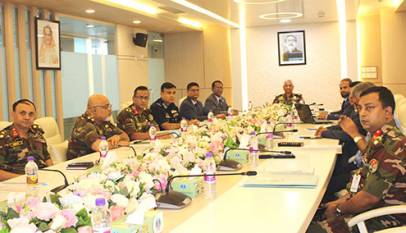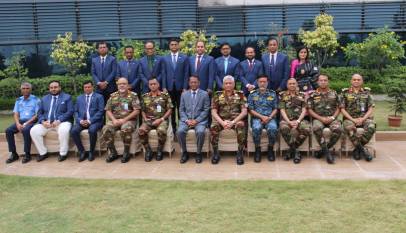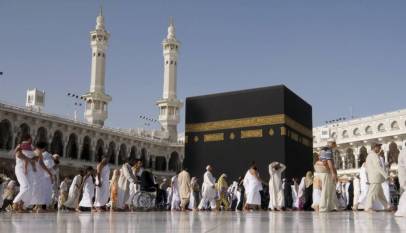Rohingya crisis: A concern for the region
Reacting to the insurgent attacks on some police outposts and an army camp on August 25, the Myanmar security forces have unleashed a “war” of sorts against the Rohingya—an ethnic minority group living for centuries in the Rakhine state of Myanmar—burning down their villages, killing their men and raping their women, committing what can be termed as “crimes against humanity” that has resulted in nearly 500 dead and nearly 200,000 taking shelter in Bangladesh, which has hosted Rohingya refugees for more than three decades in varying numbers depending on the level of oppression across the border.
Myanmar, then called Burma, became independent in 1948 from the British, a year after the latter’s withdrawal from the Indian subcontinent in 1947. Geographically Rakhine state, where the current conflict is taking place, is separated from the rest of Myanmar by barren mountain range. Ancient history gives the area its own separate past with a distinct Rakhine Kingdom being established in 1430 with its capital in Mrauk U located as a link between Buddhist and Muslim Asia with close ties with the Sultanate of Bengal. After 350 years of independent existence Rakhine State was conquered by the Burmese in 1784. This annexation was short lived as the territory was occupied by the British in 1824 and made a part of the British Indian Empire. Today the Rohingyas are about 1.1 million Muslim citizens of the Rakhine state but are not recognised legally as one of the 135 ethnic groups constituting a part of the citizenry of Myanmar.
Sena Kalyan Insurance Company Limited Published Half Yearly Accounts – 2023
After the general board meeting at the head office of Sena Kalyan Insurance Company Limite…












